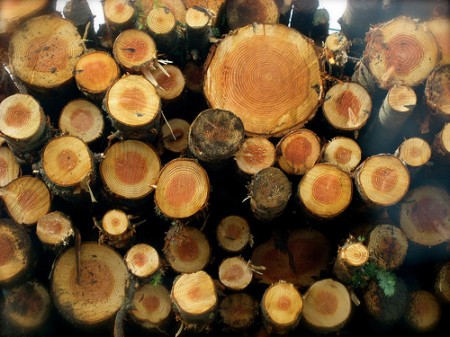
On July 7, the European Parliament voted 644 to 25 to ban the sale of illegally logged timber and timber products from the EU market from 2012 onwards when the rule takes effect.
The passage of this ban is a tremendous achievement, the culmination of more than a decade of environmental activism and lobbying on the issue. While the ban is an important step in the right direction, the general public should not be lulled into a comforting, but false belief that the problem is getting better. The legislation affects only 20 percent of the global market for illegal timber; a significant move, but there is much more to do.
Like many environmental issues, logging is tightly bound to other problems, many endemic to developing countries (such as corruption, organized crime, poverty, environmental destruction) that are difficult to address individually, but must still be tackled with approaches that can generate multiple beneficial outcomes, such as greater transparency, better information management, the implementation and strengthening of legislative, enforcement and monitoring frameworks. As well as the creation of collaboration and information exchanges, the importance of changing consumer perspectives and demand for cheap timber and timber products cannot be overstated.
